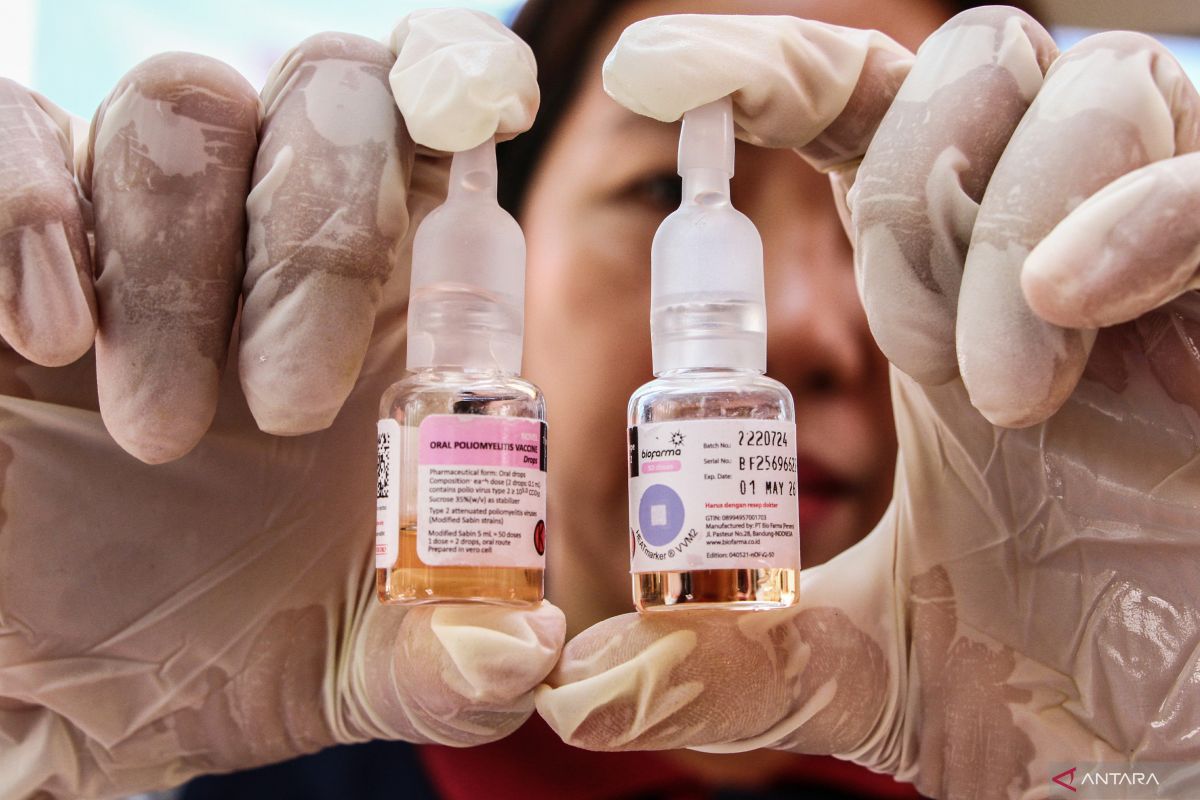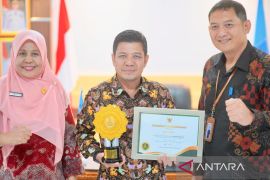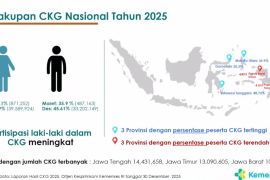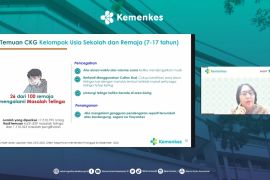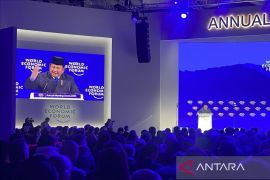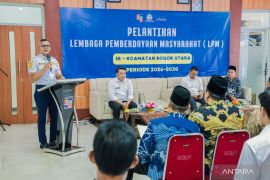Jakarta (ANTARA) - The Health Ministry has said that collaboration between researchers and industry players is vital to ensure the availability of vaccines for the public, including halal vaccinations for Muslims worldwide.
The ministry's director general for pharmaceutical and medical devices, Rizka Andalusia, said in a statement received here on Tuesday that her administration is supporting collaborative efforts such as the third batch of the fellowship program for virology and vaccine research and training.
"Indonesia is a country which is currently improving the vaccine ecosystem's research and manufacturing, and has successfully created eight of 14 immunization antigens, four of which have gotten the WHO's (World Health Organization's) pre-qualifications," she elaborated.
The fellowship program was a result of collaboration between the ministry and some entities, such as the Standing Committee for Scientific and Technological Cooperation (COMSTECH), Bio Farma, and Padjadjaran University, as the Organisation of Islamic Cooperation's (OIC's) center for vaccine research.
Twelve researchers from nine OIC countries, including Malaysia, Pakistan, Egypt, and Somalia, participated in the program.
According to Andalusia, the program, which has been conducted for three years, is proof of the ministry's commitment to producing halal vaccines for the Muslim community and countries.
In the same statement, the deputy CEO of Bio Farma, Soleh Ayubi, highlighted the importance of collaboration for creating an ecosystem that can resolve grave and concerning health issues, like pandemics.
There are three things that must be considered by vaccine researchers when creating products, he said. First, the ability to understand and synchronize laboratory matters with the company, he expounded.
Second, understanding local regulations on drugs and medicine evaluation, he said.
"I also expect participants to study the GMP, or good manufacturing practices, aspect," he added.
A participant from the Islamic University in Uganda, Mwambi Bashir, said that now that he has finished the program, he is determined to promote the importance of vaccines among the public.
"If we are to encourage the public to accept vaccines, we must highlight the importance of including values such as religious, cultural, as well as public beliefs," he added.
Baca juga: Pemprov NTB beri vaksin polio berkala pada setiap anak
Baca juga: Dinkes siapkan 77.550 dosis vaksin polio di Mataram
He said that the program is an interesting one for OIC countries. He said that through the program, he saw how committed Indonesian pharmaceutical industries are to providing halal vaccines to Muslims worldwide.
Pewarta : Mecca Yumna Ning Prisie
Editor:
I Komang Suparta
COPYRIGHT © ANTARA 2026
